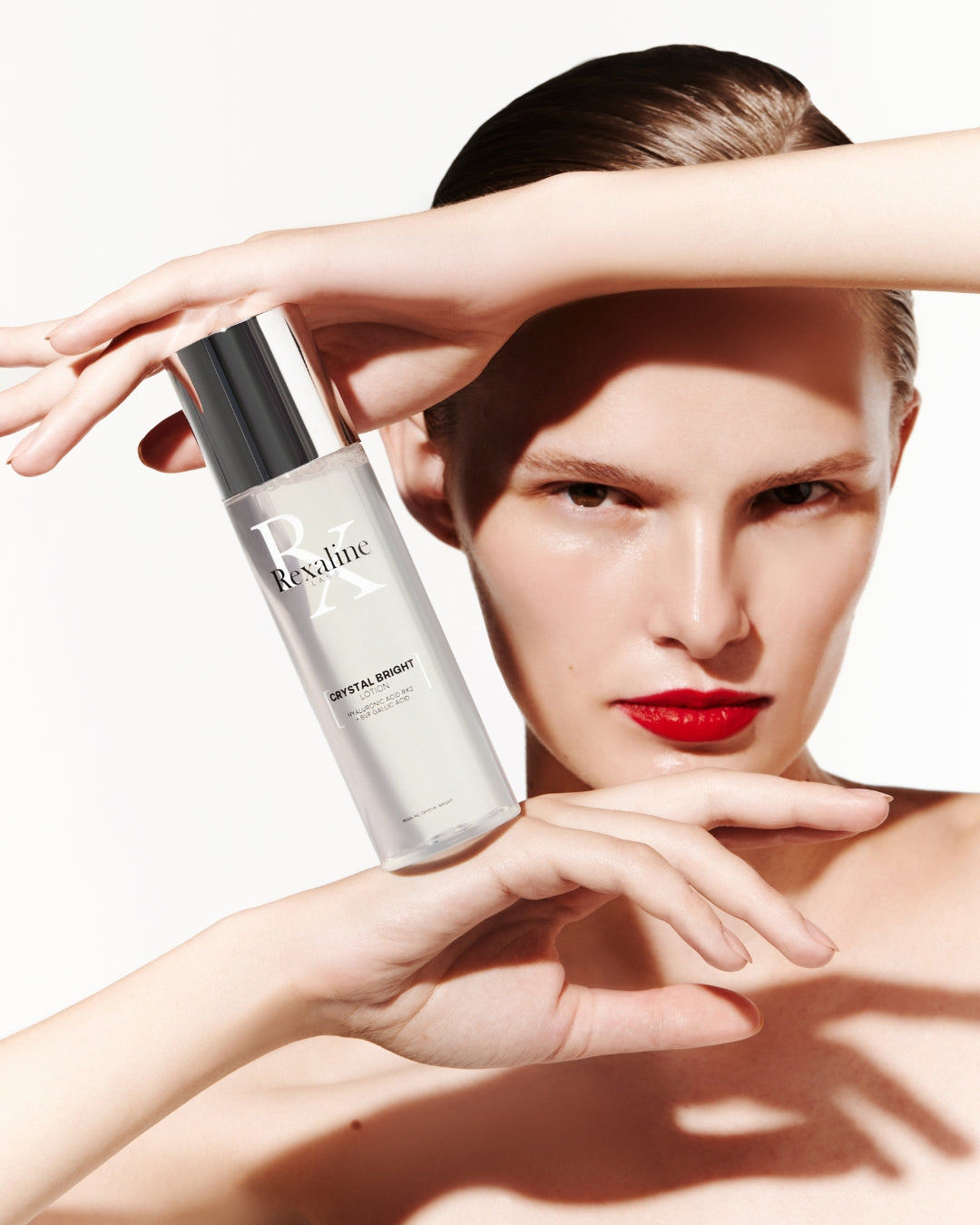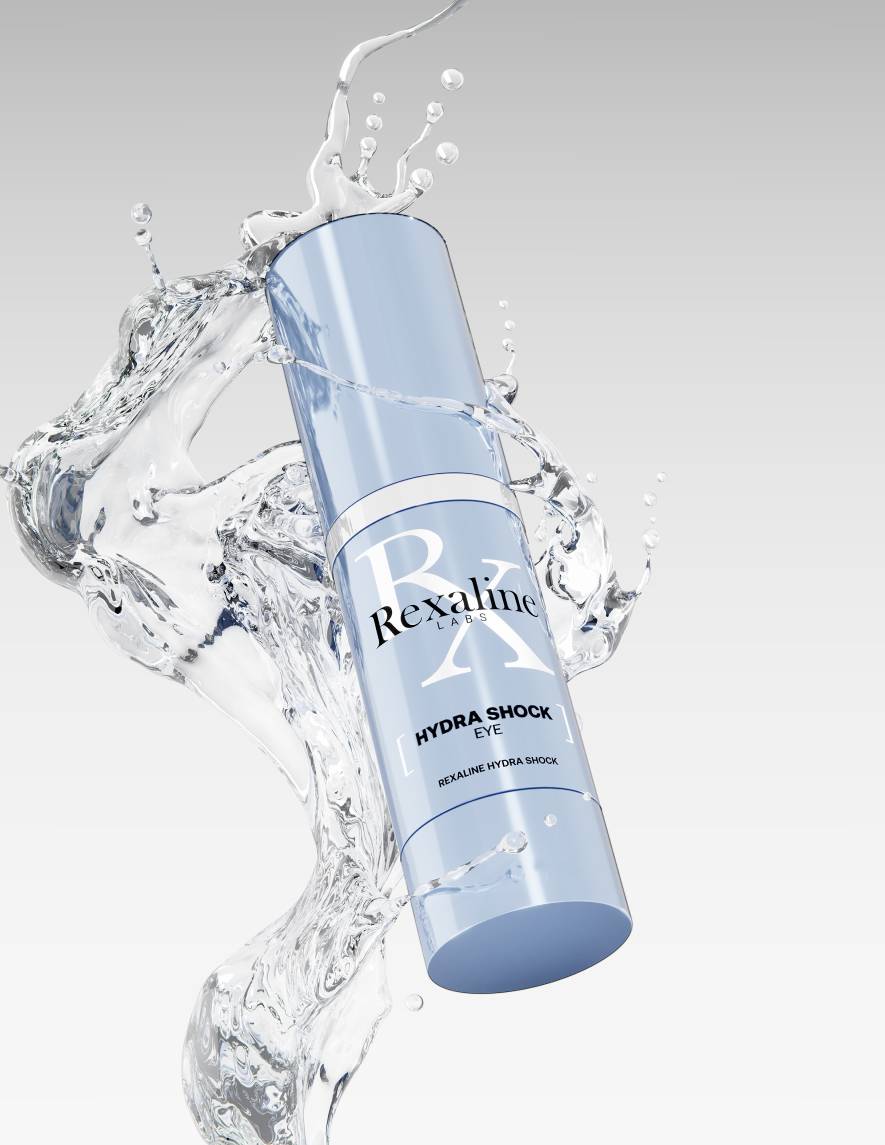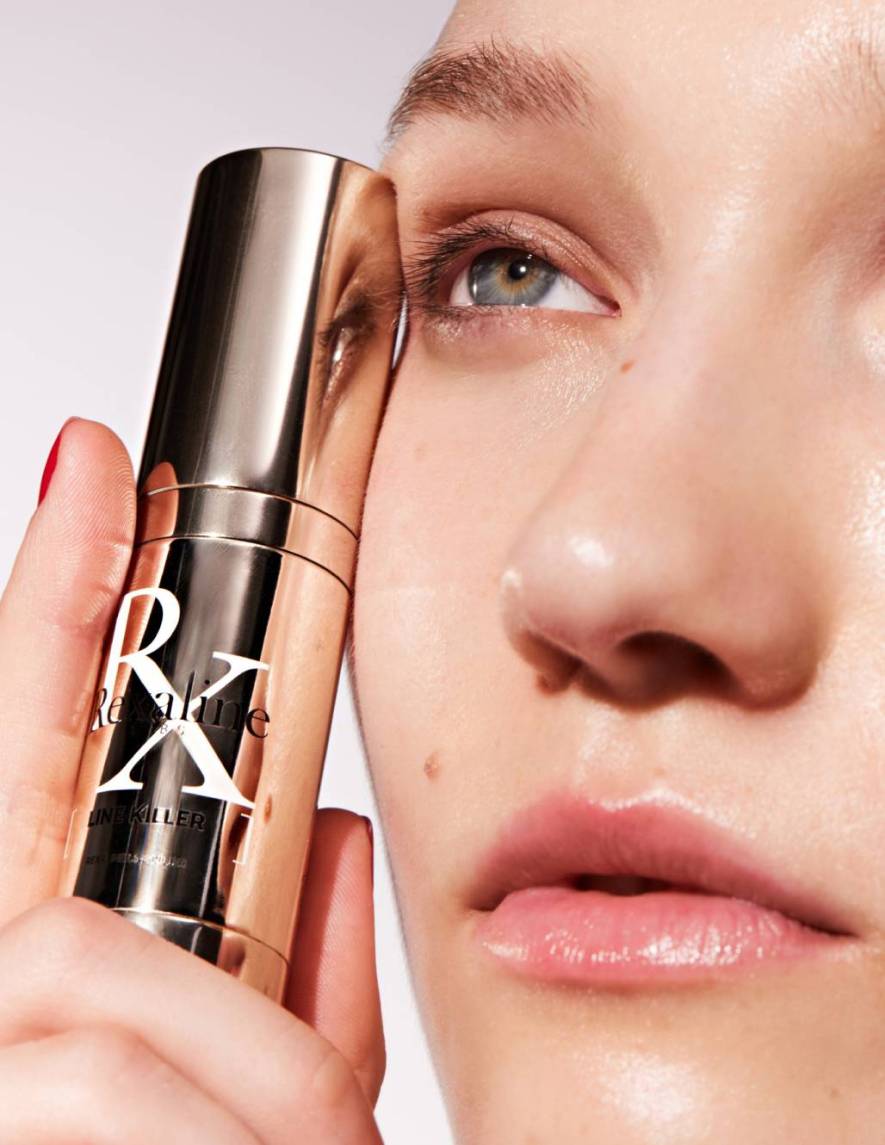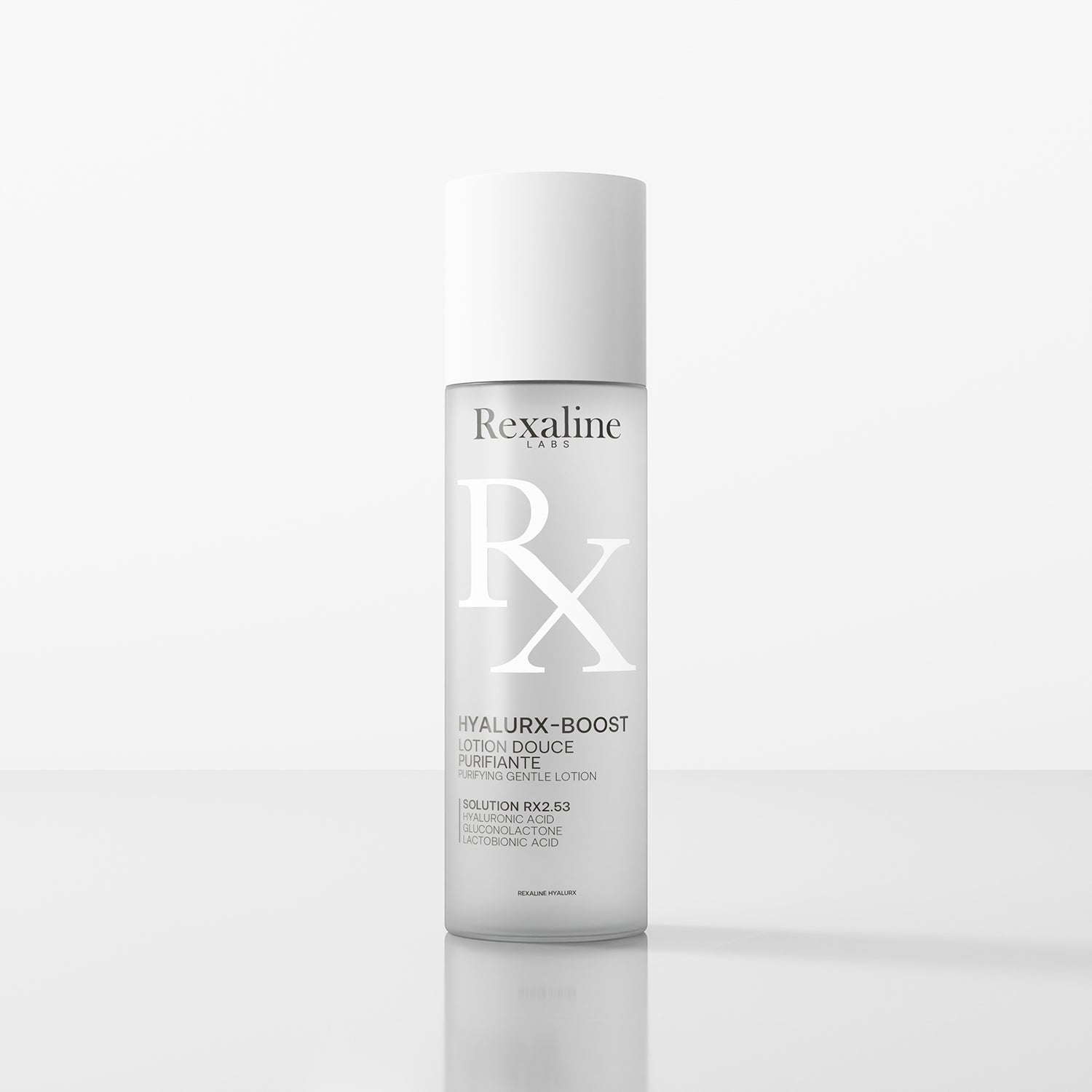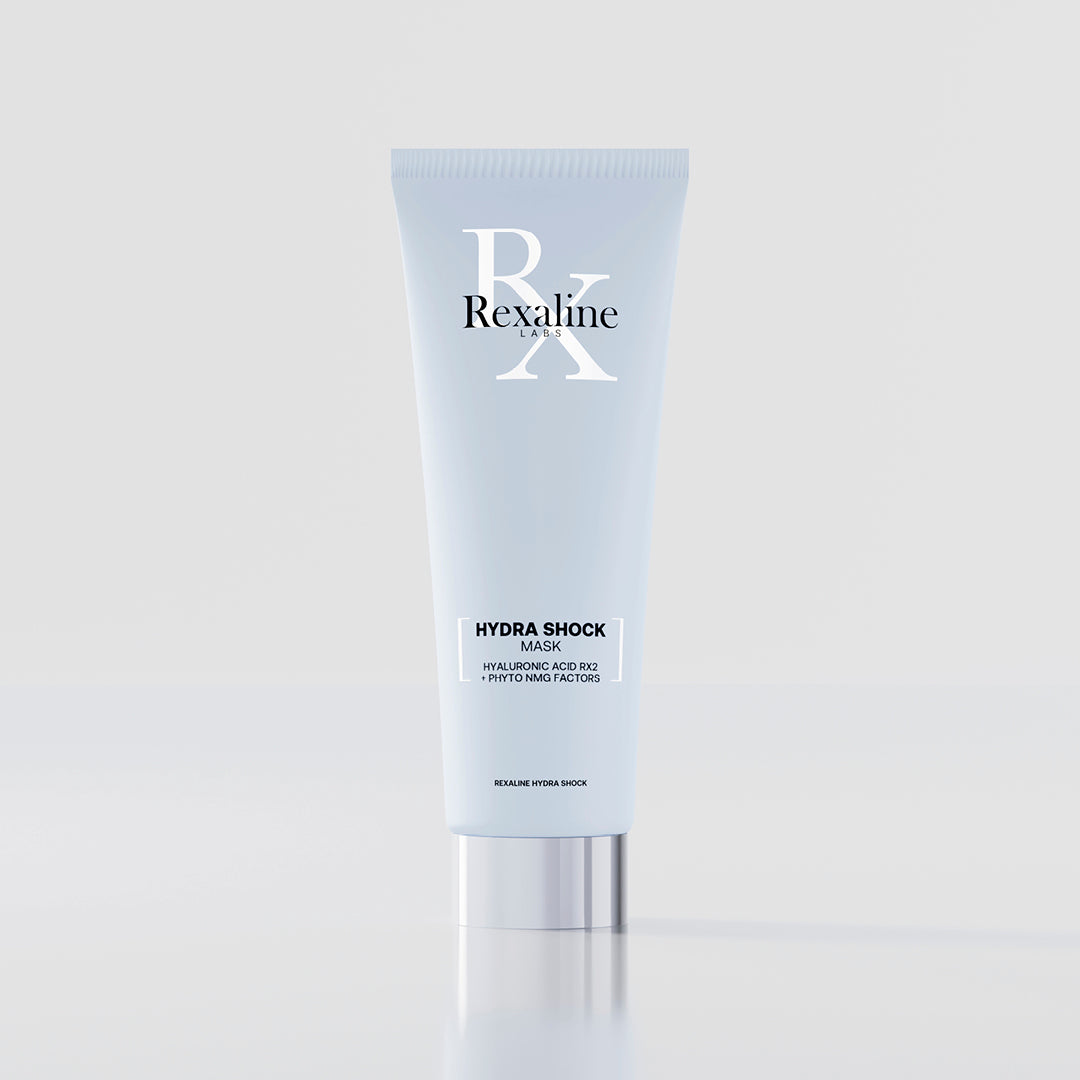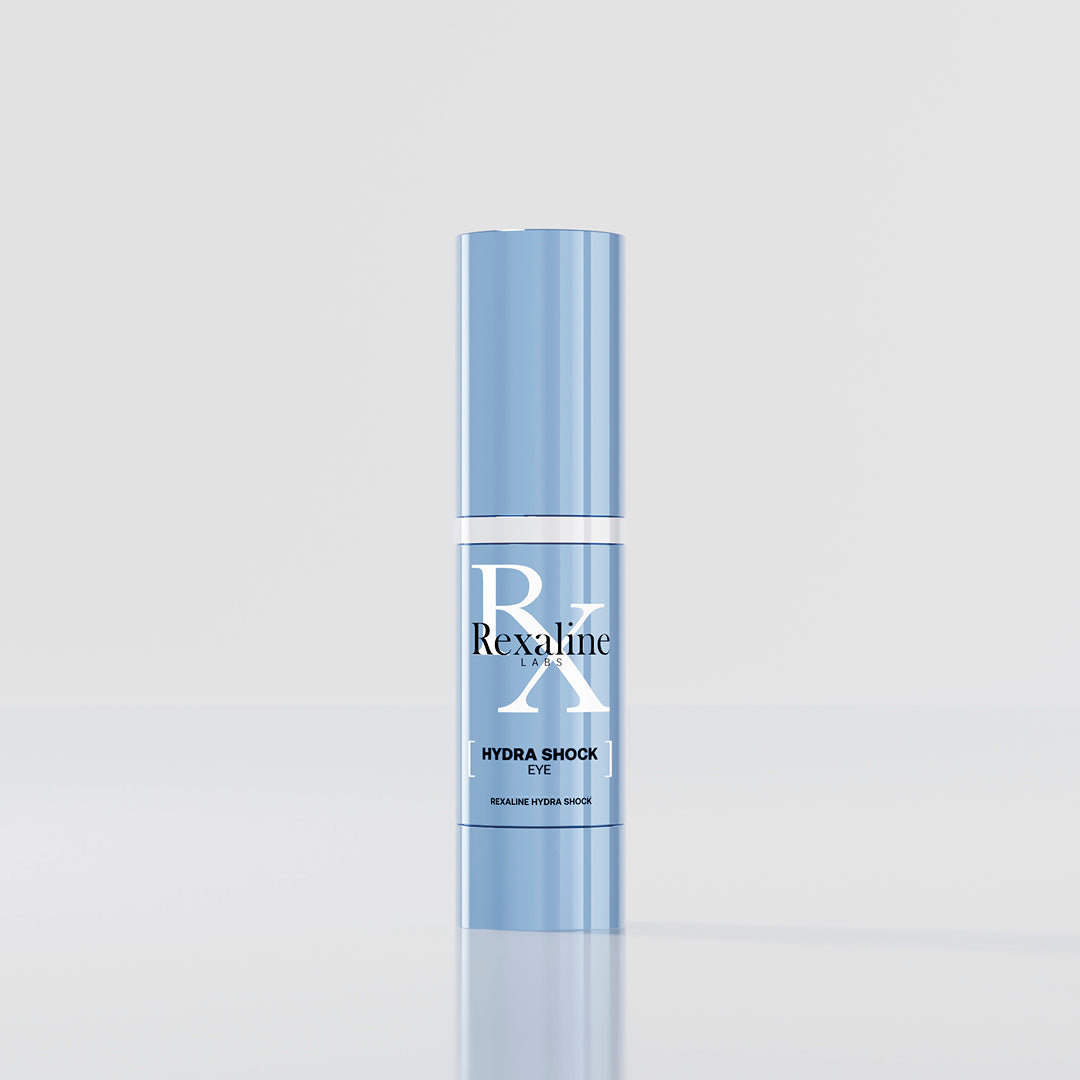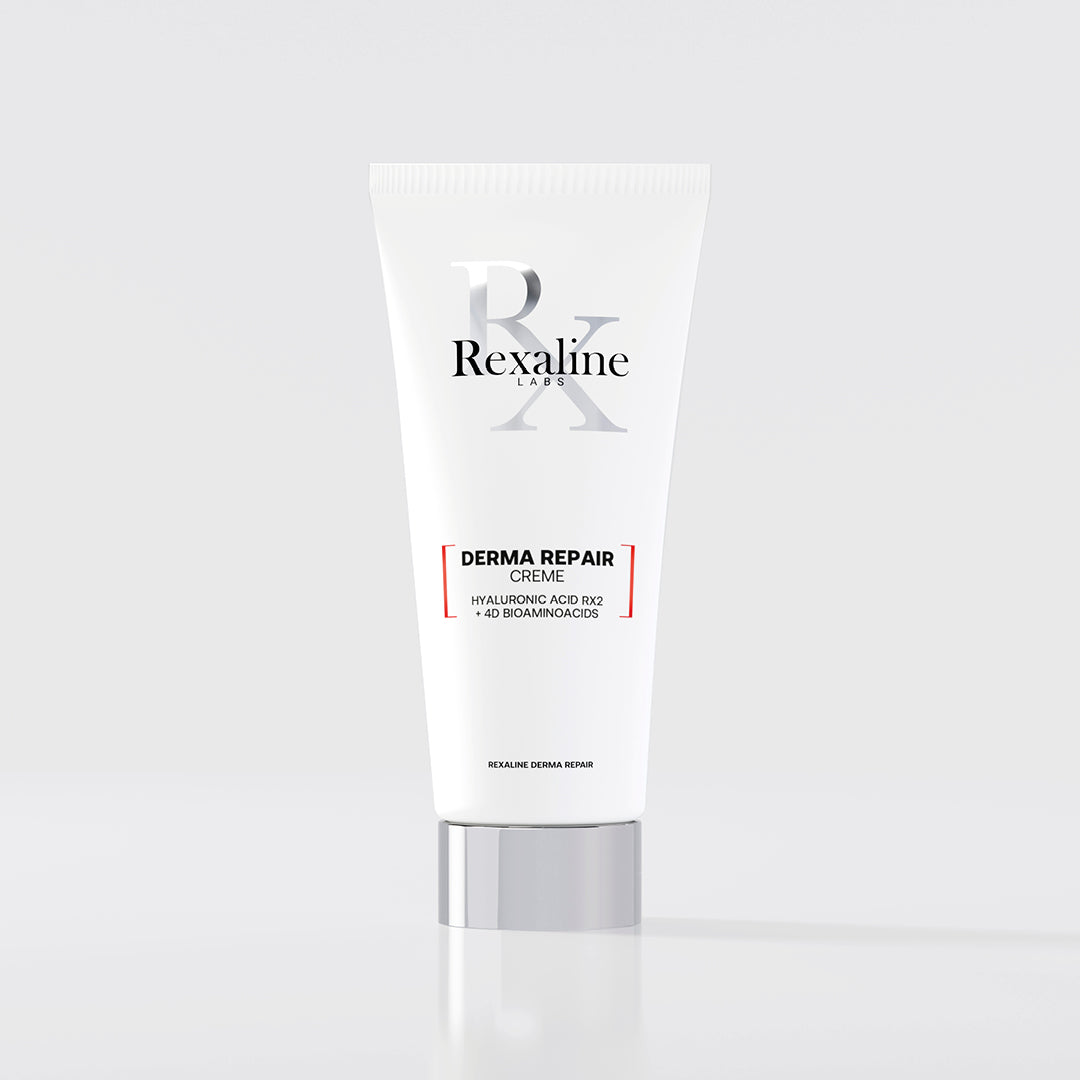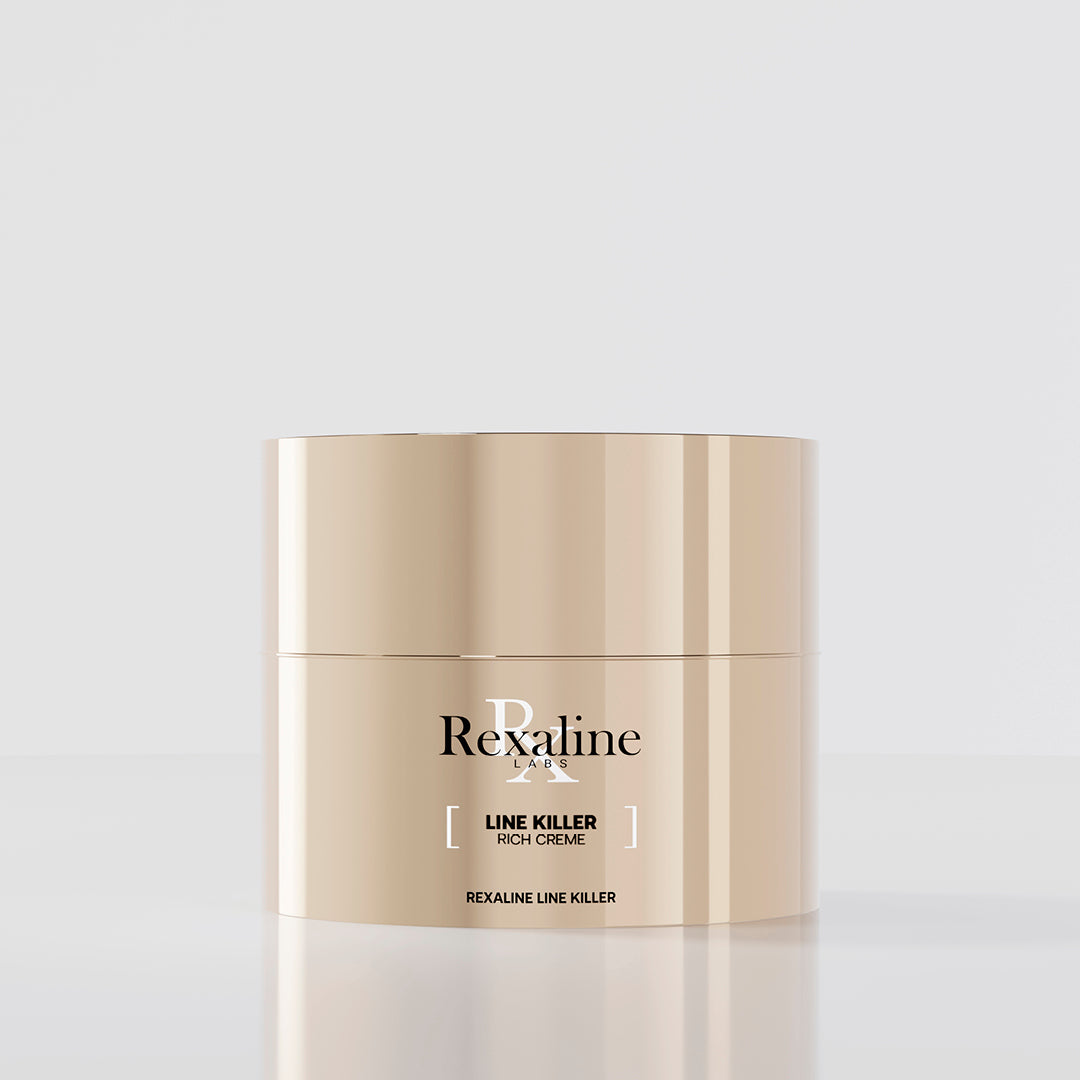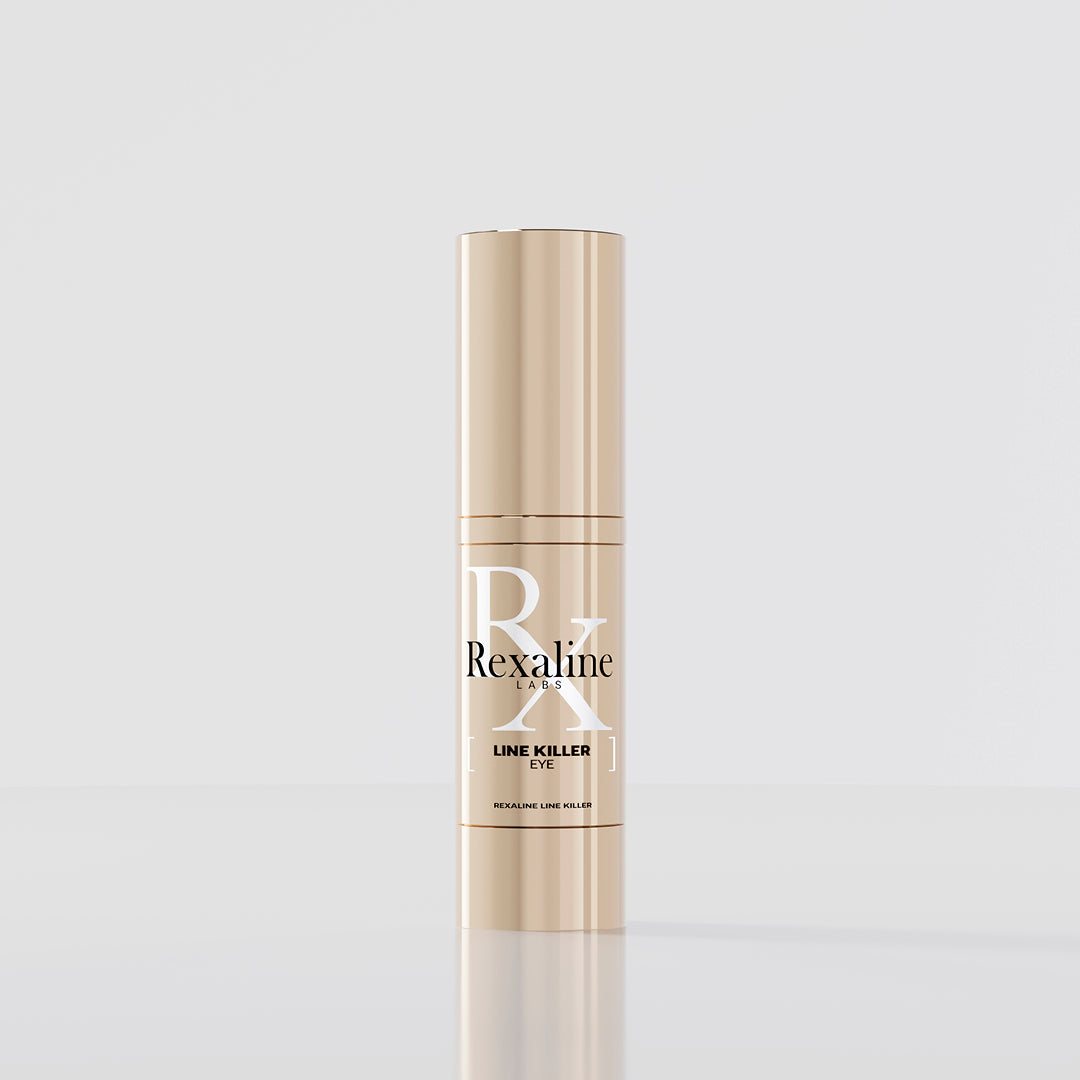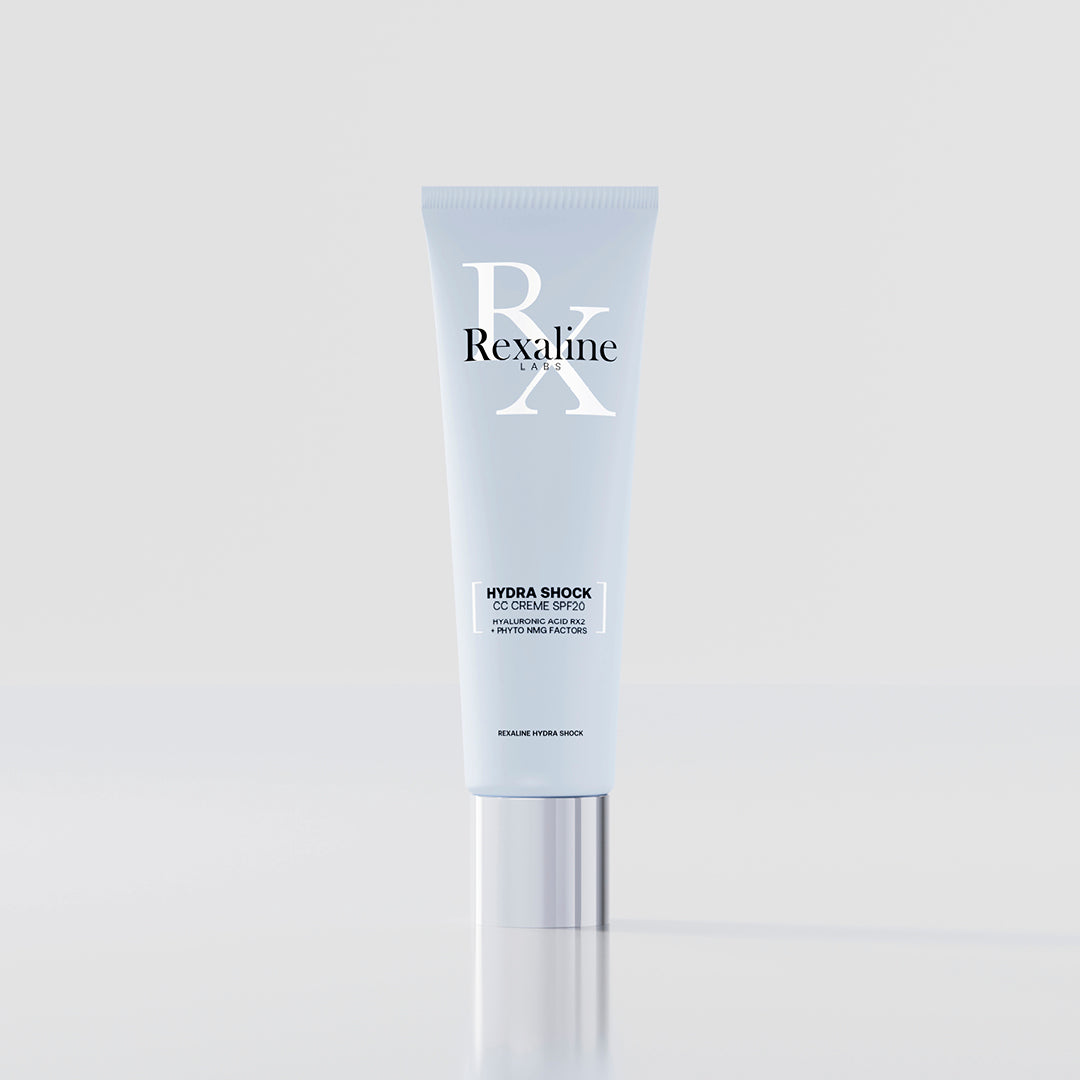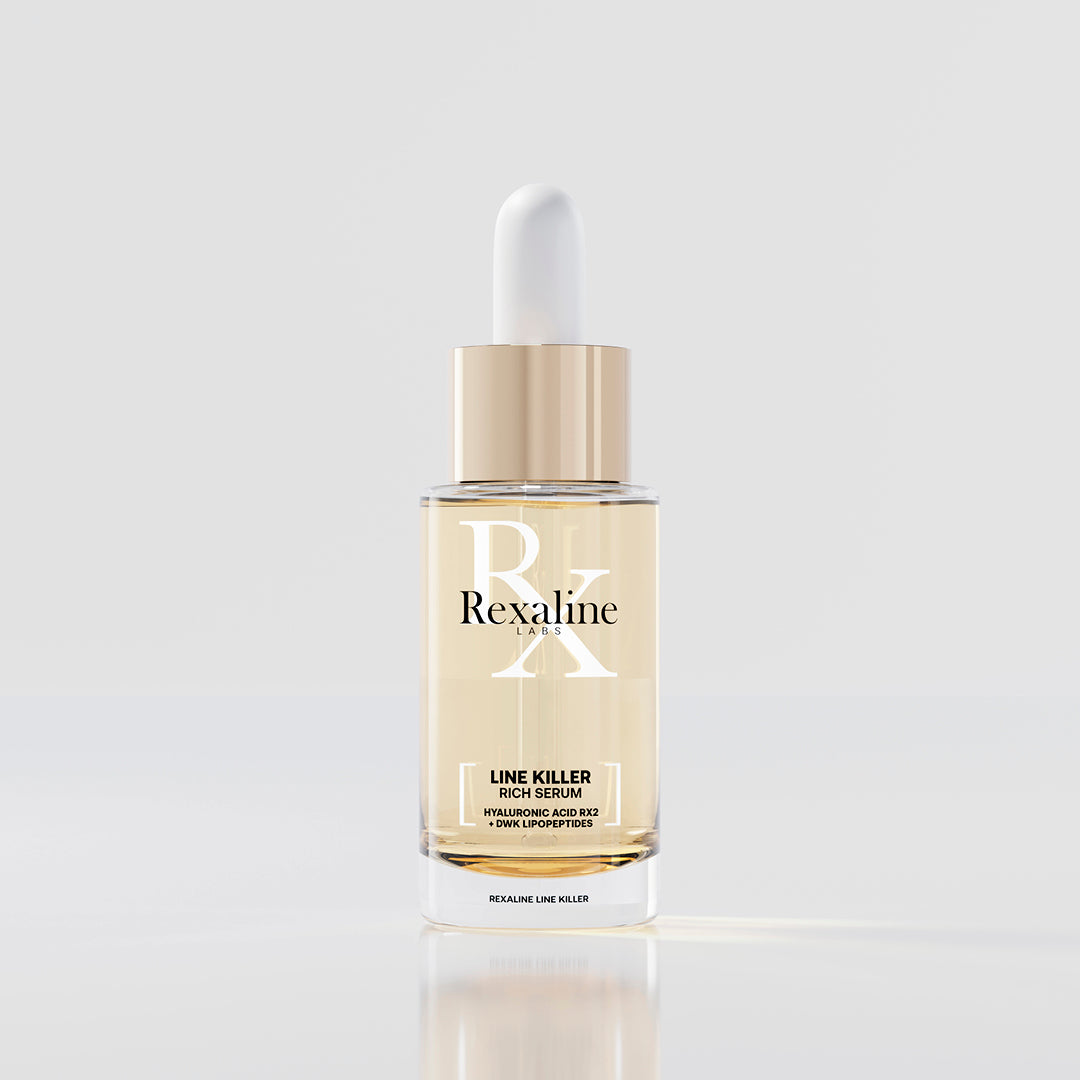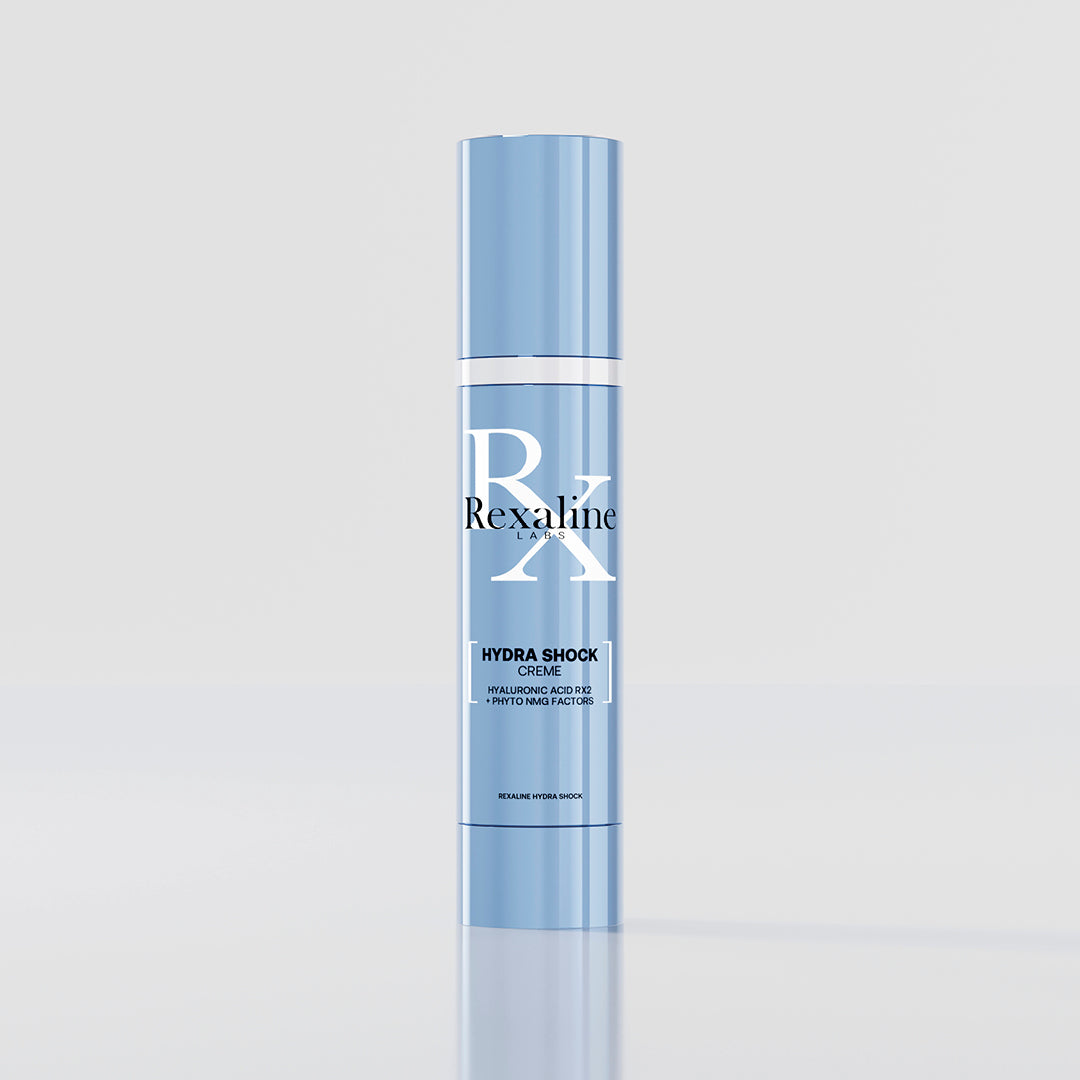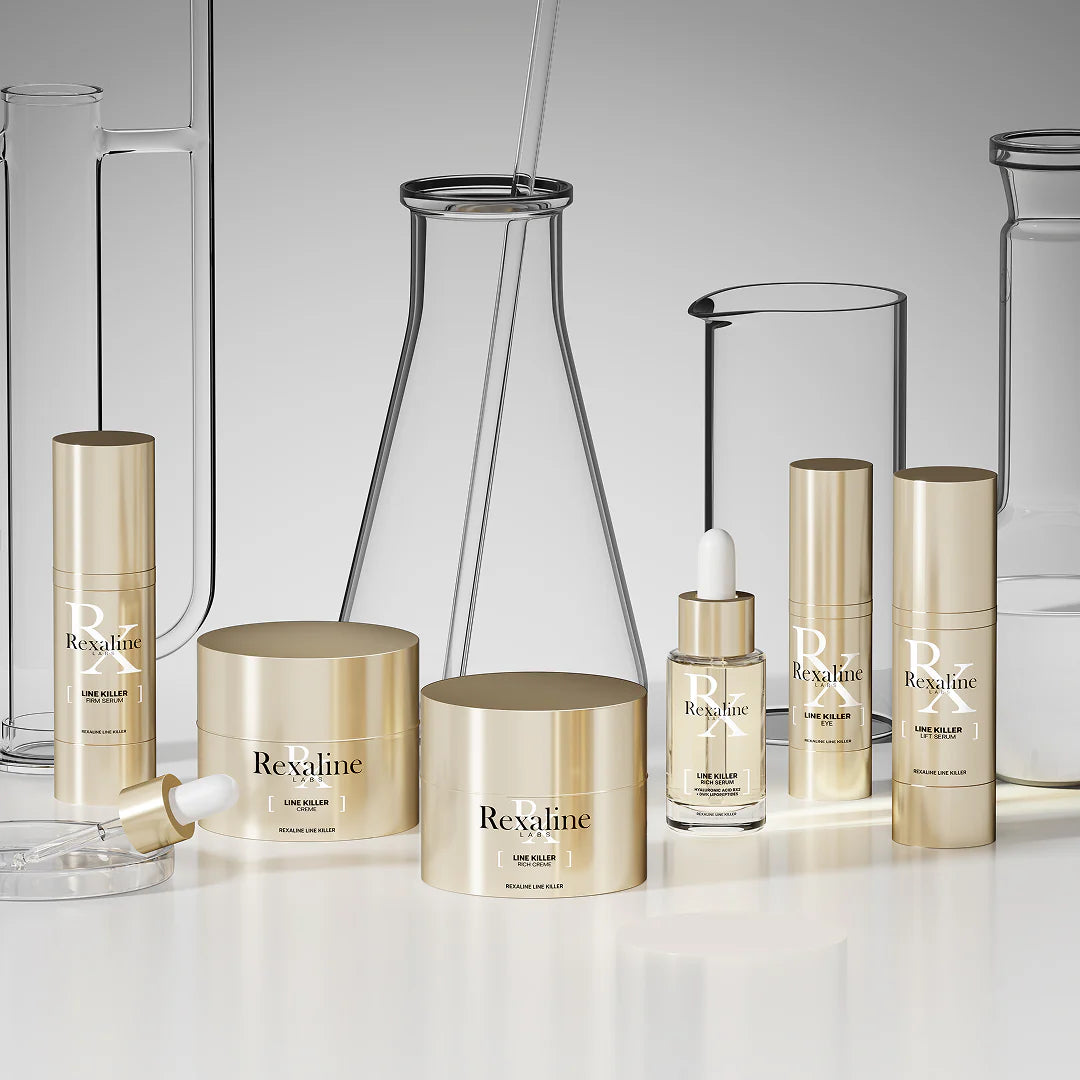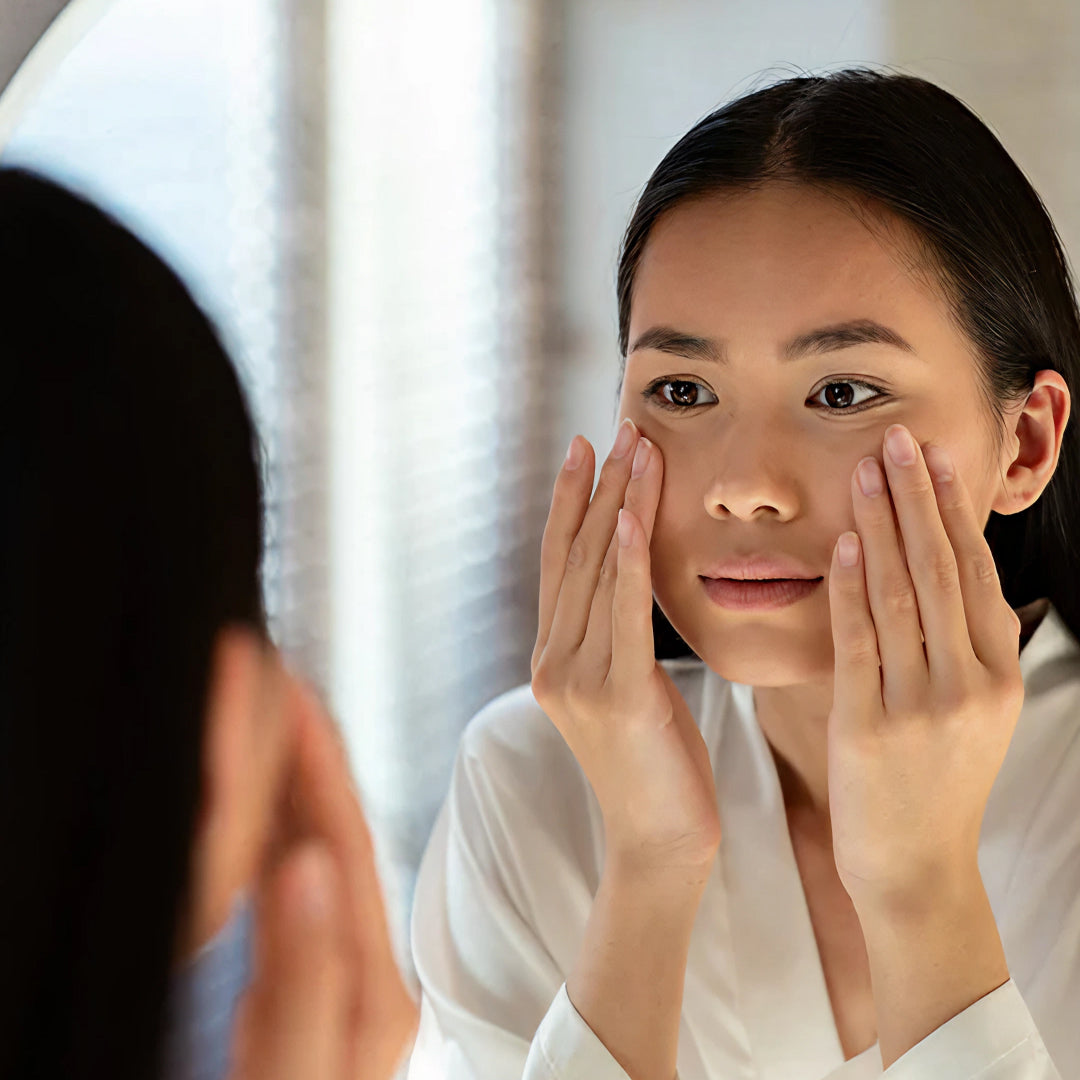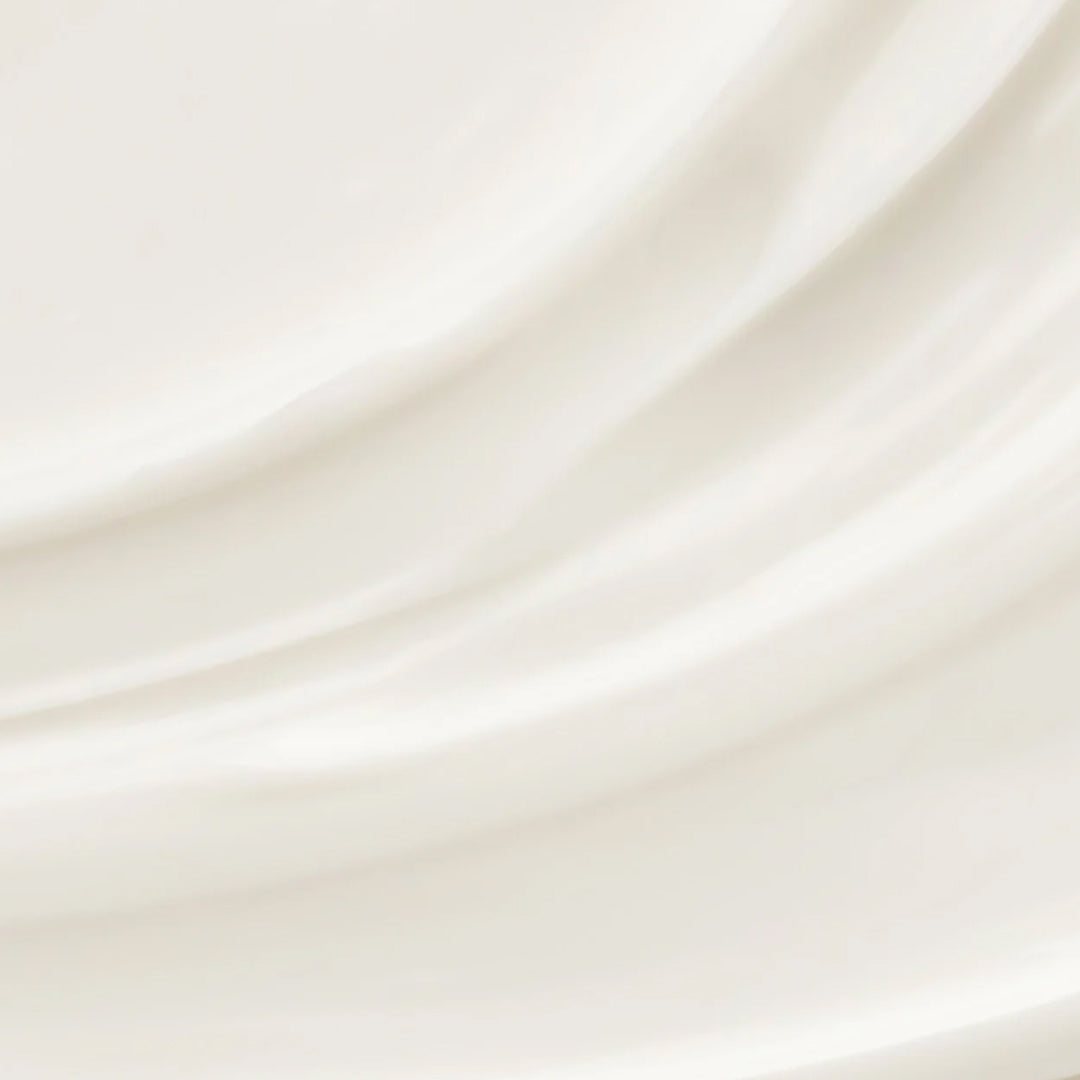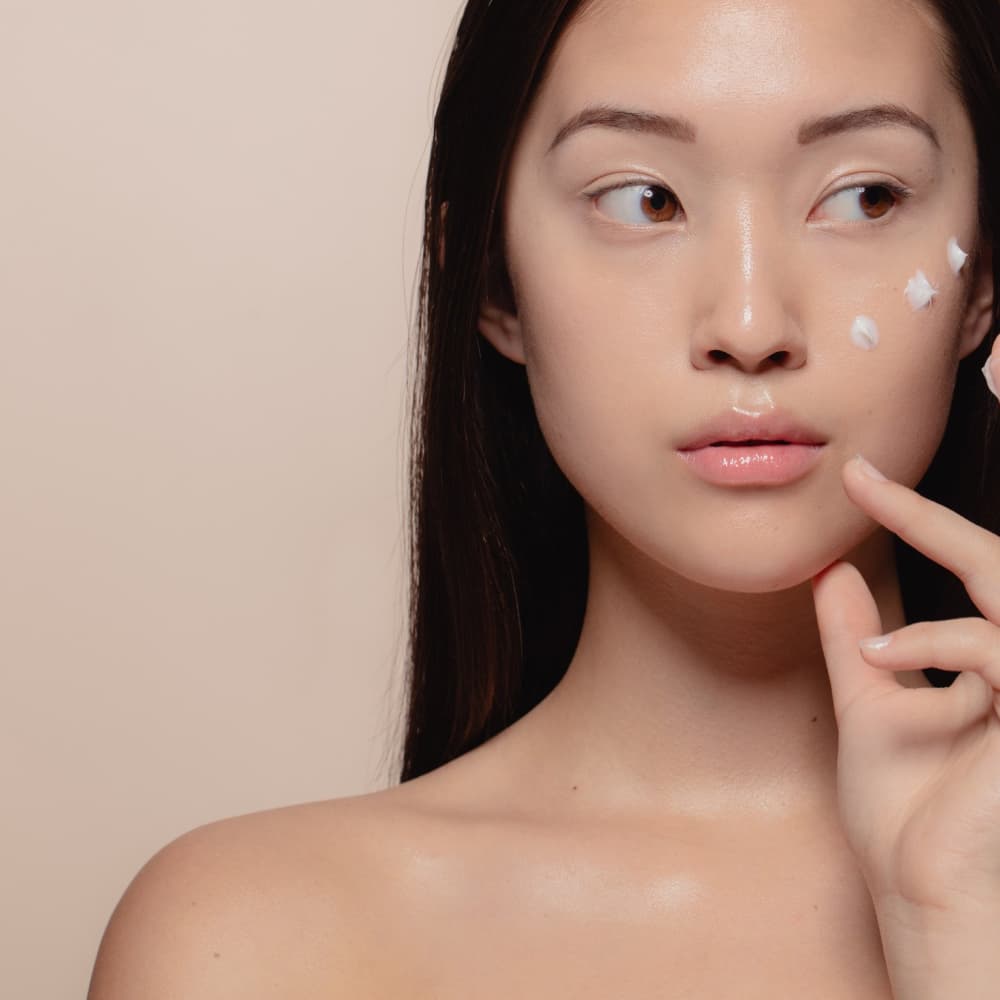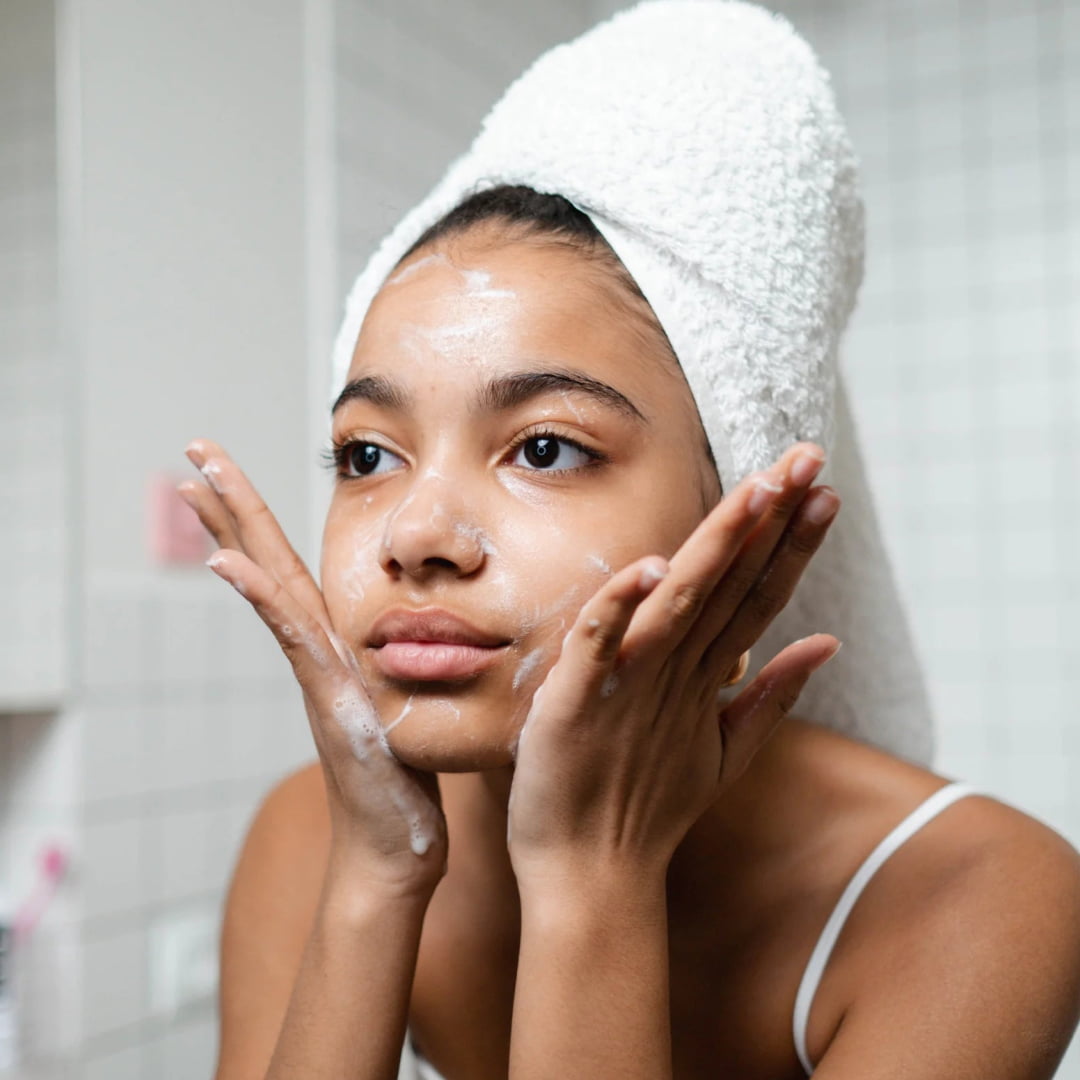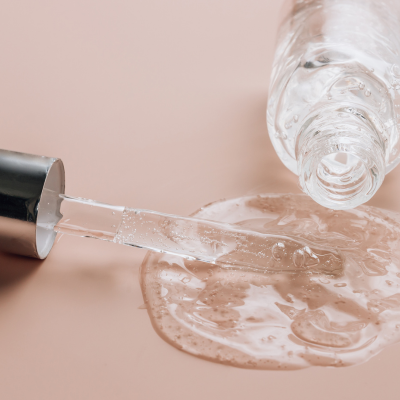
Gallic acid: 4 times more powerful than vitamin C?
Gallic acid is a polyphenolic compound found in many plants, including fruits, leaves and medicinal plants. Known for its antioxidant and anti-inflammatory properties, this molecule has become a popular ingredient in skin care. In this article, we explore the benefits of gallic acid for healthy, glowing skin.
Powerful antioxidant
Gallic acid is a powerful antioxidant that helps neutralize free radicals responsible for premature aging of the skin. By protecting skin cells from oxidative damage, it helps prevent wrinkles, fine lines and sagging skin, providing a more youthful and radiant appearance.
Anti-inflammatory properties
In addition to its antioxidant properties, gallic acid has beneficial anti-inflammatory properties to soothe skin irritations and reduce redness. It can be particularly effective for sensitive skin or skin prone to inflammatory reactions, helping to calm and rebalance the skin.
Complexion lightening
This active ingredient is also known for its lightening effects on the skin. It can help fade age spots, acne scars and hyperpigmentation by regulating melanin production. Regular use can contribute to a more even and luminous complexion.
Protection against solar damage
The antioxidant properties of gallic acid make it a valuable ally in protecting the skin against damage caused by the sun's UV rays. Although it does not replace sunscreen, it can strengthen the skin's natural defense against the damaging effects of the sun and help prevent photoaging.
Integration into skin care
To benefit from its benefits, look for skin care products containing this natural ingredient. Serums, creams and masks formulated with gallic acid, like Crystal Bright Primer SPF30 , can help revitalize, protect and brighten skin. Integrate these products into your skincare routine for visible and long-lasting results.
In conclusion, this ingredient is a natural treasure with multiple benefits for the skin. Incorporate it into your skincare routine and watch the change!
